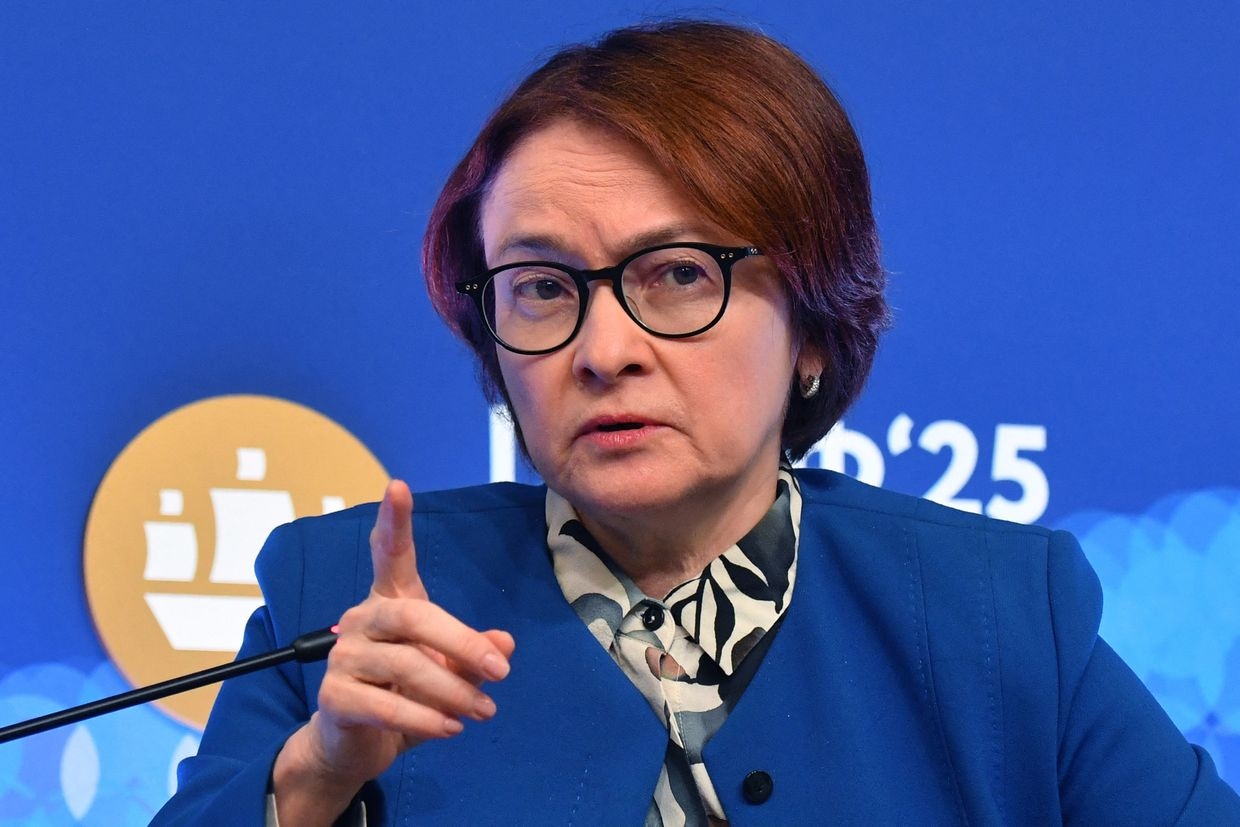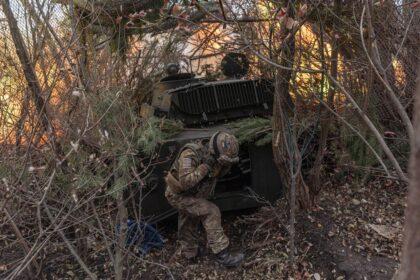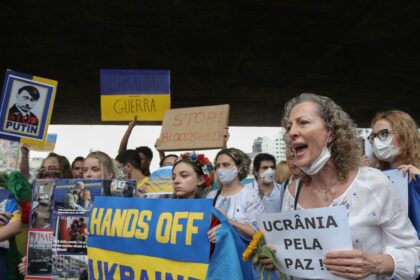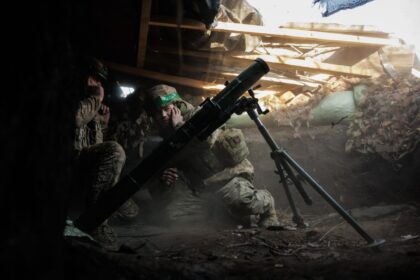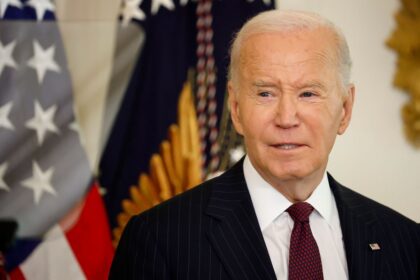**Russia’s Economy: A Warning Bell Rings Out**
In a rare display of public concern, two top Moscow officials have sounded the alarm on Russia’s struggling economy. Central Bank Governor Elvira Nabiullina and Economy Minister Maxim Reshetnikov have highlighted that the tools used to maintain wartime growth are running out.
President Vladimir Putin quickly dismissed their warnings, claiming that Russia’s economy remains strong despite sanctions and war. However, experts say this internal messaging diverges sharply from reality. Nabiullina and Reshetnikov’s warnings are likely accurate, given the country’s history of official lines diverging wildly from truth and reality.
**The Depletion of Resources**
Nabiullina pointed out that the resources used to maintain wartime growth are being depleted. The civilian sector is struggling, with costs remaining high across the board. This has led to a sharp increase in military production, which has boosted overall economic indicators despite the downturn in the civilian sector. However, once the military-industrial complex hits a plateau, the economy is left without a main growth engine.
**The Impact of Rising Oil Prices**
While rising oil prices may provide some relief for Russia’s finances, even this might not be enough to shield the country from economic difficulties. The initial version of this year’s federal budget assumed that it would still be heavily in deficit even at a price of $70 per barrel. As global oil markets digest the war paradigm, there is no sharp increase to $100 per barrel or anything like that.
**Unpaid Wages and Empty Shelves**
As economic difficulties deepen, the crucial issue becomes how much they will erode the regime’s hold on power. A sharp economic downturn, a sudden deterioration in living standards, seen in things like unpaid wages and pensions, shortages of essential goods… will be interpreted as a sign of weakness from those in power.
**A Clear Signal**
If dysfunction becomes visible, when shelves are empty, utilities fail, or salaries go unpaid, that sends a clear signal to citizens and elites alike — the system is no longer coping. This becomes a dangerous signal for the regime’s stability. Rising prices alone do not typically trigger mass discontent. However, if signs of dysfunction become visible, that becomes a sign of weakness from those in power.
**The Future of Putin’s Regime**
As economic difficulties deepen, the crucial issue becomes how much they will erode the regime’s hold on power. The regime’s ability to maintain control is under threat as unpaid wages and empty shelves become more widespread. If things deteriorate so quickly that signs of dysfunction become visible… that becomes a dangerous signal for the regime’s stability.
**Conclusion**
The Russian economy is struggling, with resources being depleted and costs remaining high across the board. Even rising oil prices may not be enough to shield Russia from economic difficulties. As unpaid wages and empty shelves become more widespread, the regime’s hold on power is under threat. The signs are clear: the system is no longer coping.
**Note**
The Kyiv Independent relies on readers like you to keep our journalism funded. If you liked this article, consider joining our community today.




